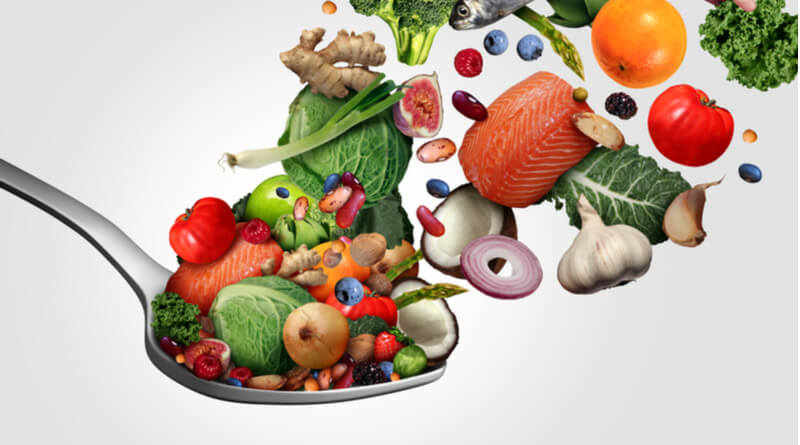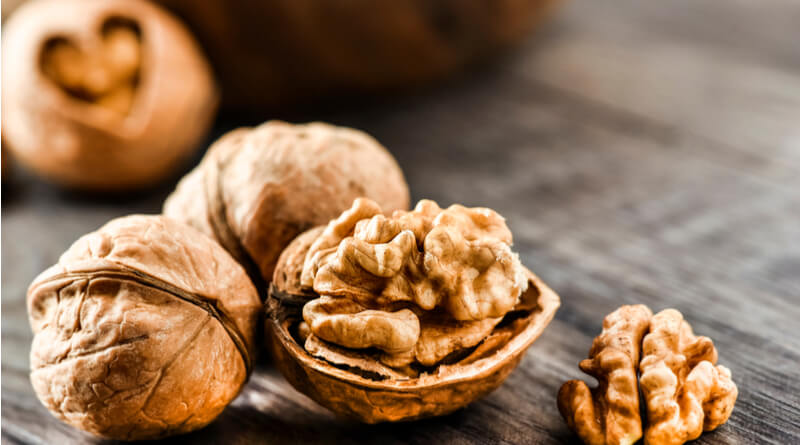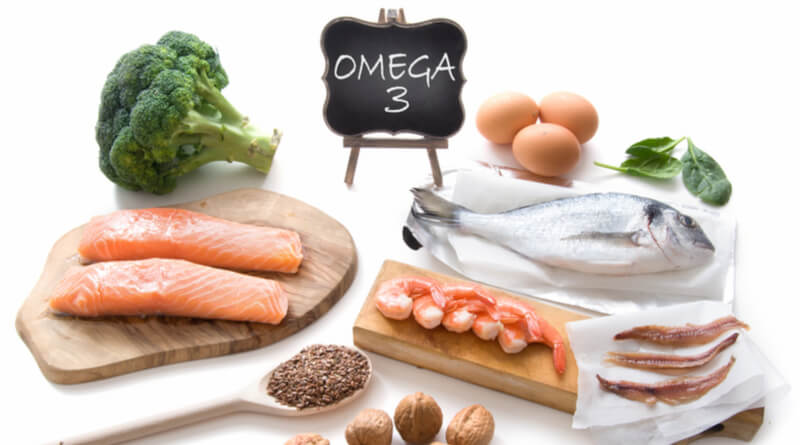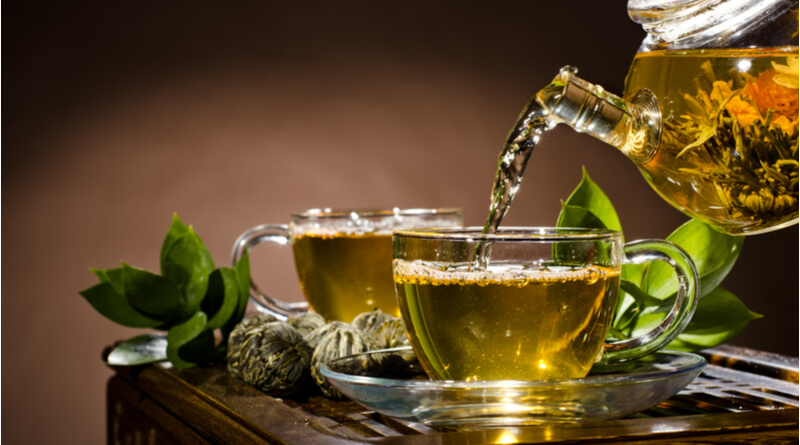One of the most insufferable words in existence is the term, “foodie”. It originated in the 1980s during New York’s restaurant boom. A book, The Official Foodie Handbook, hit the scene and described a foodie as “a person who is very, very, very interested in food.” What does that even mean? Well, whatever the author meant for it to mean, it ended up being associated with food snobbery.
After the word hit the scene, thousands of yuppies began flooding ‘artisanal’ restaurants in search of the hip new food – chocolate covered ants, asparagus infused water, Asian fusion dishes, the works. People calling themselves foodies made larger and larger demands for more interesting dishes. As time went on, and the internet blossomed, social media just increased this demand. It’s to the point now, where the first thing people do when going out to eat is to take pictures of their plates and post it to Instagram.
There’s nothing inherently wrong with posting pictures on your IG feed or with chefs making sure that your food looks great and tastes great. That is actually a pretty great thing. The problem is that with everyone wanting to be a foodie, people are now prioritizing all the pizzazz of food and none of the substance. Food and dining are a wholistic experience. Your food doesn’t just need to look great and taste great, it also needs to be great. This means you need it to be healthy and fresh on top of everything else. Now you might be saying, but foodies do want all of that. They definitely want that, but when these people ask for all this and call themselves foodies, it comes off snobbish. And snobbery is one of the biggest hindrances to the spread of knowledge and culture. For every snob out there, there’s someone else who wants to reject everything they stand for. You should stop calling yourselves foodies for the sake of making sure that everyone enjoys the entire food eating experience.








